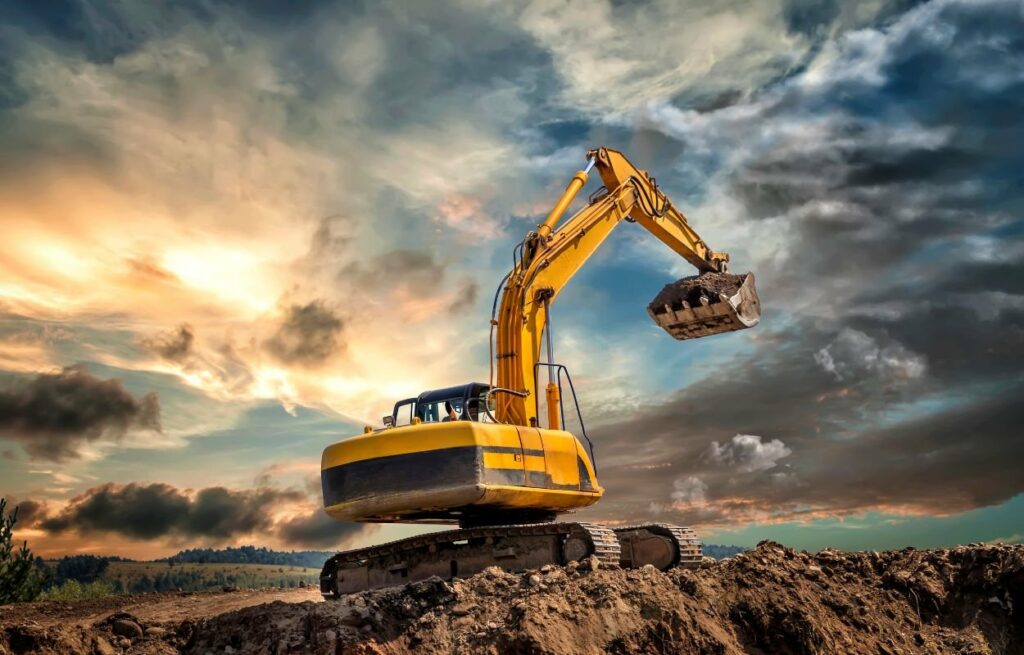
Excavators are heavy construction machines commonly seen at work on construction sites, digging holes, moving large amounts of earth, and performing various tasks to shape the terrain. These powerful machines are essential tools in the construction industry, helping builders and contractors accomplish a wide range of tasks. In this blog post, we will explore the world of excavators, shedding light on their various types, components, and the critical roles they play in construction projects.
UNDERSTANDING THE BASICS
Excavators, also known as diggers or hydraulic excavators, are versatile pieces of heavy machinery designed for digging, excavation, and earthmoving. They are equipped with a bucket, a powerful arm, and a cab for the operator. These machines come in various sizes, from mini excavators used in landscaping and urban construction to massive excavators employed in mining and infrastructure development.
KEY COMPONENTS
Hydraulic System: The heart of an excavator is its hydraulic system, which allows for precise control of the boom, arm, and bucket. This system uses pressurized hydraulic fluid to power the various movements and functions of the excavator.
Boom and Arm: The boom is the large, vertical structure that extends upward from the base of the excavator. Attached to the boom is the arm, which is responsible for controlling the depth and reach of the excavator’s digging operations.
Bucket: The bucket is the attachment at the end of the arm, used for digging, scooping, and lifting materials. It comes in various shapes and sizes, depending on the specific task at hand.
APPLICATIONS
Excavators are incredibly versatile machines, and they find use in a wide range of applications.
Construction: Local excavators are frequently employed for digging foundations, trenches, and utility lines.
Demolition: Excavators with specialized attachments can tear down buildings and structures efficiently.
Mining: Large excavators are used to extract minerals and ores from the earth.
Landscaping: Mini excavators are perfect for tasks like digging ponds, installing landscape features, and leveling terrain.
Agriculture: Excavators can help in land preparation, irrigation, and drainage tasks on farms.
TYPES OF EXCAVATORS
Crawler Excavators: These are equipped with tracks, making them ideal for rough or muddy terrain. Crawler excavators offer stability and a larger working radius.
Wheel Excavators: These excavators have wheels instead of tracks, making them more maneuverable and suitable for urban construction projects.
Mini Excavators: Compact and lightweight, mini excavators are versatile for smaller tasks and tight spaces.
Long-Reach Excavators: These specialized machines have extended arms for deep digging or reaching over obstacles.
THE ROLE OF OPERATORS
Skilled operators play a crucial role in the efficient use of excavators. They are responsible for controlling the excavator’s movements, ensuring safety on the worksite, and maximizing productivity. Local excavators rely on operators with extensive training and experience to perform tasks accurately and safely.
In conclusion, excavators are essential machines in the construction and earthmoving industry. They come in various types and sizes, each tailored to specific tasks and terrains. With their powerful hydraulic systems and versatile attachments, excavators have revolutionized the construction and excavation process, making it more efficient and productive. Skilled operators and the right equipment are indispensable in building the foundations of our modern world.





